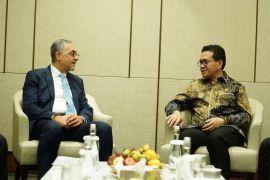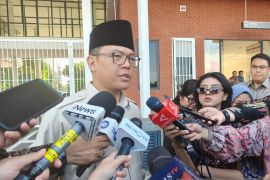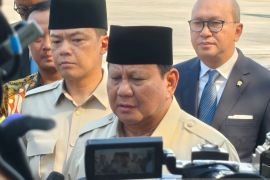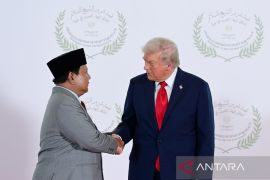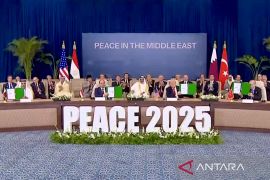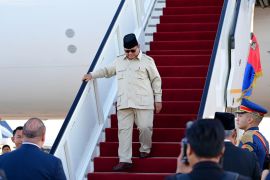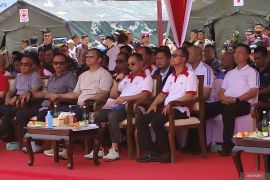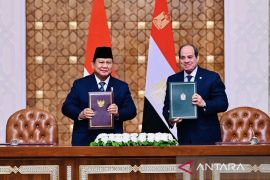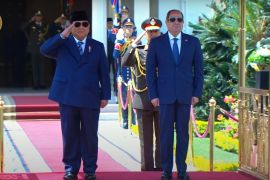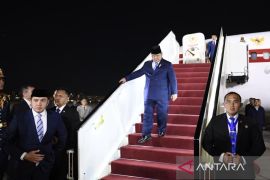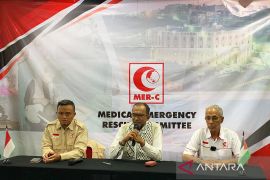Searches on Sunday for "Egypt" on micro-blog functions of Chinese web portals such as Sina.com and Sohu.com ? sites comparable to Twitter -- showed phrases saying search results could not be found or could not be displayed in accordance with regulations.
More than 100 people have been killed in Egypt in five days of unprecedented protests that have rocked the Arab world.
On Sunday, more than 1,000 protesters gathered in central Cairo, demanding President Hosni Mubarak step down and dismissing his appointment of a vice president.
China issued a warning to its citizens in Egypt on Sunday, urging Chinese travellers to reconsider their plans or seek assistance from the Chinese government in Egypt.
Chinese state media has reported on the unrest, including coverage of the scores of deaths and Mubarak`s first appointment of the vice-president, an announcement that may be a nod toward a political successor.
On Friday, China`s official Xinhua news agency reported that cell phone and internet access were cut in Cairo.
But China`s censorship of its micro-blogs appears to be aimed at preventing events in Egypt from setting an example of political opposition at home.
China says the Internet is free and open for its 450 million users, but the government blocks numerous social networking sites like Twitter, Flickr, Facebook and YouTube, which have been used to mobilize protests around the world.
It also routinely closes sites or scrubs content considered harmful to China`s security or in breach of the Chinese law.
The Global Times, a popular tabloid published by China`s Communist Party, said in a commentary on Sunday that democracy was not compatible with conditions in Egypt or Tunisia, and that "colour revolutions" could not achieve real democracy.
Colour revolutions, a term first coined to describe democracy protests in former Soviets states, lead to "street-level clamour" in African and Asian emerging democracies, the Global Times said.
Protesters in Tunisia`s "Jasmine Revolution" forced President Zine al-Abidine Ben Ali into exile in mid-January.
"Democracy is still far away in Tunisia and Egypt. The success of democracy takes concrete foundations in economy, education and social issues," the Global Times said.
"But when it comes to political systems, the Western model is only one of a few options," the paper said.(*)
Editor: Ruslan Burhani
Copyright © ANTARA 2011
